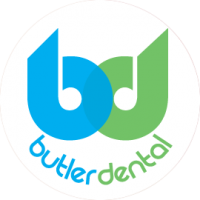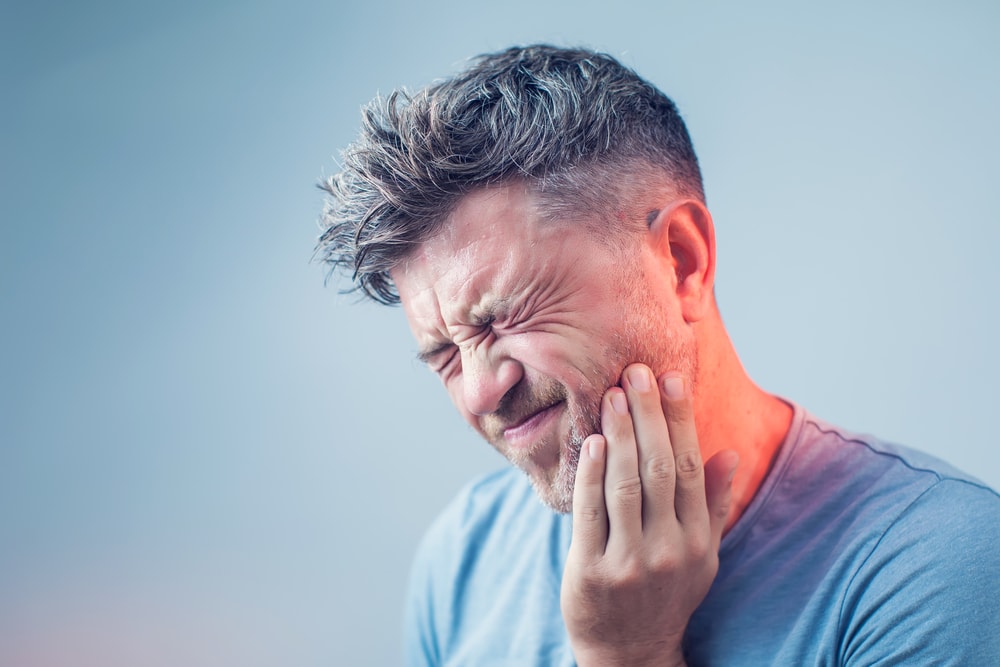Dental emergencies are a common occurrence, with one in six Americans experiencing a dental emergency each year.
Knowing when to seek immediate care and how to manage pain and discomfort is essential for providing the best care for patients.
This article explores the signs and symptoms of a dental emergency, common causes, when to seek treatment, managing pain and discomfort, and tips for preventing future emergencies.
Signs and Symptoms of a Dental Emergency
The identification of signs and symptoms associated with a dental emergency is important for prompt treatment. Individuals should be aware of the indications of a dental emergency, such as severe pain, tooth loss, and knocked-out teeth, in order to seek appropriate medical attention. Dental emergencies are generally identified as any dental issue that requires immediate attention. Examples of dental emergencies include severe toothache, dental pain, or an oral injury resulting in a knocked-out tooth.
It is essential to seek immediate emergency dental care if any of these symptoms are present. A qualified emergency dentist can provide the appropriate treatment and offer relief from pain and discomfort. Additionally, individuals should be aware of the risks associated with delaying emergency treatment. Such risks may include permanent damage to the affected tooth or teeth and an increased risk of infection.
The prompt identification and management of a dental emergency is the key to ensuring a successful recovery. Individuals should be mindful of the signs and symptoms of a dental emergency and contact an emergency dentist as soon as possible to prevent further damage. Early intervention can make a major difference in the outcome of a dental emergency.
Common Causes of Dental Emergencies
Accidents and trauma may result in dental emergencies requiring prompt attention. Common causes of dental emergencies include:
- Dental Trauma – when a tooth is broken, fractured, or even knocked out due to an accident or injury.
- Tooth Infections – when an infection is present in or around a tooth, it can be very painful and require immediate care.
- Loose tooth – when a tooth becomes loose due to gum disease, it should be addressed right away.
It is important to remember that all of these dental emergencies require prompt attention. Cold foods may help relieve some of the pain, but professional attention is always recommended.
When to Seek Immediate Treatment
When it comes to oral health, it is important to take prompt action in certain situations to avoid further complications and ensure the best outcome.
In terms of when to seek immediate dental emergency treatment, there are a few key indicators. If a person experiences uncontrolled bleeding, extreme tooth pain, a broken or knocked-out tooth, or a tooth abscess, they should immediately contact their dentist for an emergency appointment.
If a person experiences a bacterial infection resulting in soft tissue swelling, they should apply cold compresses and seek dental emergency care as soon as possible. Similarly, if a person is in need of a root canal treatment, it is important to seek care right away to prevent the infection from spreading.
In any of these cases, it is critical to contact a dentist and seek treatment as soon as possible.
Managing Pain and Discomfort
In addition, in order to manage pain and discomfort associated with dental issues, it is important to take the appropriate measures. For instance, a cold compress can be used to reduce swelling and pain. Warm water can be used to rinse the mouth, and counter-pain medications can be taken to reduce the severity of the discomfort.
It is essential to contact a dental clinic if the pain persists. If the issue is severe, such as a dental abscess or root canal, it is best to seek emergency care from an emergency department.
If a dental appointment is required and the dental clinic is closed, leaving a message on the answering machine is important. The clinic should be able to provide information about their available services and how to access them during emergency situations.
Emergency Dental Care Tips
It is important to be aware of the steps to take in emergency dental situations. Common signs of an emergency dental situation include facial swelling, a bad taste in the mouth, gum tissue damage, a wobbly tooth, a dull toothache, and uncontrollable bleeding. If an individual experiences any of these warning signs, they should contact their dental practice or after-hours emergency contact number for an emergency dental appointment. If the symptoms are severe, it is best to go to the nearest hospital emergency department.
For pain relief, counter pain relievers can be used. However, it is important to note that they do not treat dental injuries. To reduce swelling, a cold compress can be used. To reduce pain further, a mild saltwater rinse can be used, as it can soothe the gum tissue and reduce the bad taste in the mouth. A warm water rinse can be used to reduce the risk of infection.
In cases of soft tissue injuries, a tooth extraction or removal of wisdom teeth may be needed. For minor fractures, a dental restoration may be necessary. A root surface or a splinting of the tooth may be required for severe fractures. In cases of traumatic injury or severe bleeding, immediate emergency care is necessary.
Tips for Preventing Future Emergencies
The best way to prevent future emergency dental situations is to practice proper oral hygiene. This can be done by following medical advice from experienced dentists and taking the necessary steps to promote good oral health. Common dental emergencies that can be avoided include sports injuries, chemical burns, sudden pain, and food debris.
It is important to visit a dental professional on a regular basis to ensure that any problems are addressed before they become more serious.
In addition, proper care of teeth and gums can help to avoid widespread infections. This includes brushing twice daily, flossing at least once a day, and using mouthwash to rinse away any bacteria. Eating a balanced diet and limiting sweets is also beneficial for oral health. It is important to avoid using tobacco products as they can lead to an increased risk of gum disease and other oral complications.
If a dental emergency does occur, it is important to seek immediate care from a dental professional. This can help to reduce the risk of long-term damage or complications. Practising proper oral hygiene is the key to preventing future emergency dental situations. By following medical advice and visiting an experienced dentist, individuals can ensure that their oral health remains in good condition.
Key Takeaways
The best way to deal with a dental emergency is to be prepared and know when to seek immediate care. Understanding dental emergencies’ signs, symptoms, and common causes can help you be ready for any situation.
Knowing how to manage pain and discomfort can also be beneficial during an emergency. Taking the necessary steps to prevent future emergencies can also help you avoid unnecessary stress.
How can you best prepare for a dental emergency? Taking the time to educate yourself on the subject and be aware of any potential risks can be the difference between getting the help you need and suffering in the long run.
We are here to help you through any dental emergency at Butler Dental. Our team of experienced dentists in Butler, WA is on hand to provide the best care and advice in any situation. We understand that dental emergencies can be stressful, and we are here to make sure you get the help you need. Call us today to learn more, or if you’re experiencing a dental emergency, don’t hesitate to come to our office for the fastest and most reliable care.

